What is it and why you need it?
Self-care is a vital practice the purpose of which if to maintain one's overall well-being. It encompasses a range of activities and behaviors designed to promote holistic wellness and health.
Self-care be categorized into 5 areas: physical, mental, emotional, spiritual, and social.
Let's explore each one below.
1. Physical Self-Care involves taking care of your physical body through regular exercise, nutritious eating, adequate sleep, and maintaining personal hygiene. Your physical body is your vehicle towards achieving your goals so being mindful of your activities, what you eat, and how you rest are important.
2. Mental Self-Care focuses on nurturing your cognitive health. It includes practicing mindfulness and meditation, which are techniques that help reduce stress, improve focus, and boost emotional resilience. A lot of the stress in our time come from too much brain activity without rest so sticking to a practice that help "defrag" and "reboot" the mind will help lessen unnecessary stress and improve mental focus.
 3. Emotional Self-Care involves recognizing and managing your emotions in a healthy way. This aspect of self-care need extra attention in environments that seem to neglect or diminish this very human aspect. It's one of the reasons why journaling, therapy, and other mindful activities in safe spaces are recommended.
3. Emotional Self-Care involves recognizing and managing your emotions in a healthy way. This aspect of self-care need extra attention in environments that seem to neglect or diminish this very human aspect. It's one of the reasons why journaling, therapy, and other mindful activities in safe spaces are recommended. 4. Social Self-Care looks at building and maintaining healthy relationships. Interacting with like-minded people and engaging in social activities can contribute to a sense of belonging and emotional support.
5. Spiritual Self-Care looks at nurturing your connection to something greater. This could look like a connection to a higher power, or to a higher self, even a connection to all that is. Cultivating a practice that cares for the spirit can provide a sense of purpose, inner peace, and allow one to experience a greater sense of harmony within and with the world.
Overall, the importance of self-care lies in its ability to:
Prevent Burnout. It helps individuals manage stress and reduce the risk of burnout, particularly important for those balancing work and personal responsibilities.
Boost Resilience. Self-care practices enhance emotional and mental resilience, making it easier to cope with life's challenges.

Enhance Well-Being. Taking time for self-care can lead to increased life satisfaction, happiness, and a sense of balance and harmony.
Improve Relationships. Self-care can positively impact how individuals interact with others, fostering healthier relationships.
Increase Productivity. When you care for yourself, you're better equipped to perform effectively in your personal and professional life.
As a Yoga & Mindfulness Coach, I help my clients explore and develop a personal practice that not only uplifts these 5 areas but that which help them experience their days and their lives full and with meaning.
10 activities to get you started
If you're in the space to explore and try, here are 10 valuable self-care activities that you can incorporate into your daily routine.
You can try out just one a day or you can challenge yourself by incorporating all 10 for a day or so.
1. Morning Mindfulness Meditation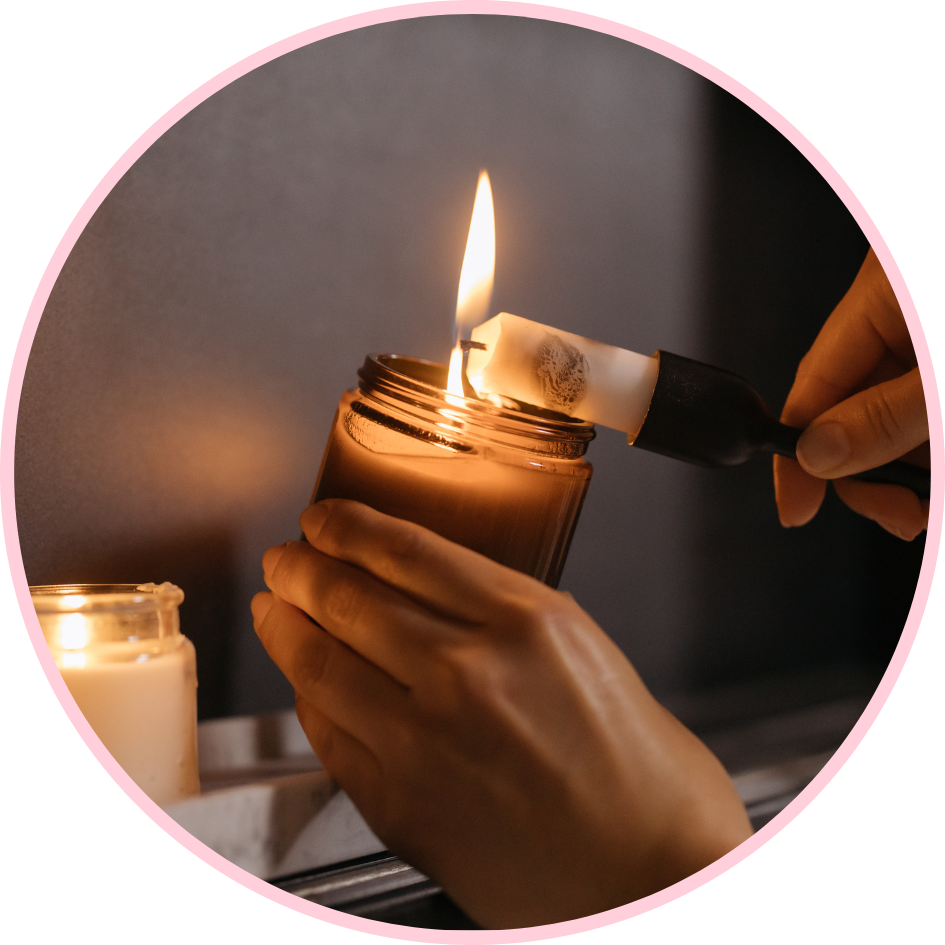

Kickstart your day with a moment of tranquility. Dedicate a few minutes to a mindfulness meditation session. Find a peaceful space, close your eyes, and focus on your breath. Breathe in and out slowly, savoring each moment. This practice sets a serene tone for the day and enhances your emotional and mental well-being.
You can try out Sama Vritti Pranayama (aka Box Breathing or Equal Parts Breathing) where for equal duration, you breathe and hold your breath.
To practice 1 cycle: Inhale for 4 counts; hold your breath for 4 counts; exhale for 4 counts; and hold your breath again 4 counts.
You may repeat this for 3 to 5 cycles. You can shorten the duration of each breath when you're starting out and then gradually build up to longer duration.
2. Mindful Movement
Engage in mindful movement exercises like yoga or tai chi. These practices not only enhance physical well-being but also promote inner peace and balance. Stretch, breathe, and find harmony within.
Whether you practice this in the morning or evening, make sure to set an intention for your practice. You can do this by thinking of a value or emotion you'd like to embody or highlight during your practice. You can also think of your intention as a dedication to something or someone.
3. Connect with Nature
 Spending time in nature is a powerful form of self-care. Whether it's a stroll in the park, a hike in the mountains, or simply sitting in your garden, connect with the natural world. Nature has a calming effect on the mind and nurtures your soul.
Spending time in nature is a powerful form of self-care. Whether it's a stroll in the park, a hike in the mountains, or simply sitting in your garden, connect with the natural world. Nature has a calming effect on the mind and nurtures your soul.You can try out the Plant Pal or the Nature Walk activities in my free Mindful Practice Guide.
4. Set Boundaries
Self-care isn't just about pampering; it's also about respecting your needs. Set clear boundaries in your personal and professional life. Learn to say no when necessary, and don't overextend yourself. Prioritize your well-being by protecting your time and energy.
One tip you can try is this: Have a clear goal or intention for the day and whenever a yes/no decision or action is needed, ask yourself which option or action aligns with your goal. If there is none, say no. If there are multiple options that are a "yes", then pick the one that most align with your intention.
5. Nourishing Nutrition
 Nourish your body with wholesome, nutritious foods. Mindful eating is an act of self-love. Savor each bite, eat slowly, and pay attention to the flavors. Fuel your body with the goodness it deserves.
Nourish your body with wholesome, nutritious foods. Mindful eating is an act of self-love. Savor each bite, eat slowly, and pay attention to the flavors. Fuel your body with the goodness it deserves. I'm not a foodie nor am I an avid cook. But what I can say is that when it comes to mindful eating, even if it's not the most nutritious food, make your meal the main event and not just a break or bridge from one task to the next.
6. Practice Gratitude
Cultivate gratitude as part of your self-care routine. Each day, take a moment to acknowledge and appreciate the blessings in your life. Gratitude can elevate your mood and perspective.
Here's a tip: say it out loud and make it matter. There's something heartfelt when you take a pause and say "thank you". It's even deeper when you identify what it is you're thankful for or, if you're saying it to someone, when you look them straight in the eyes.
7. Pamper Yourself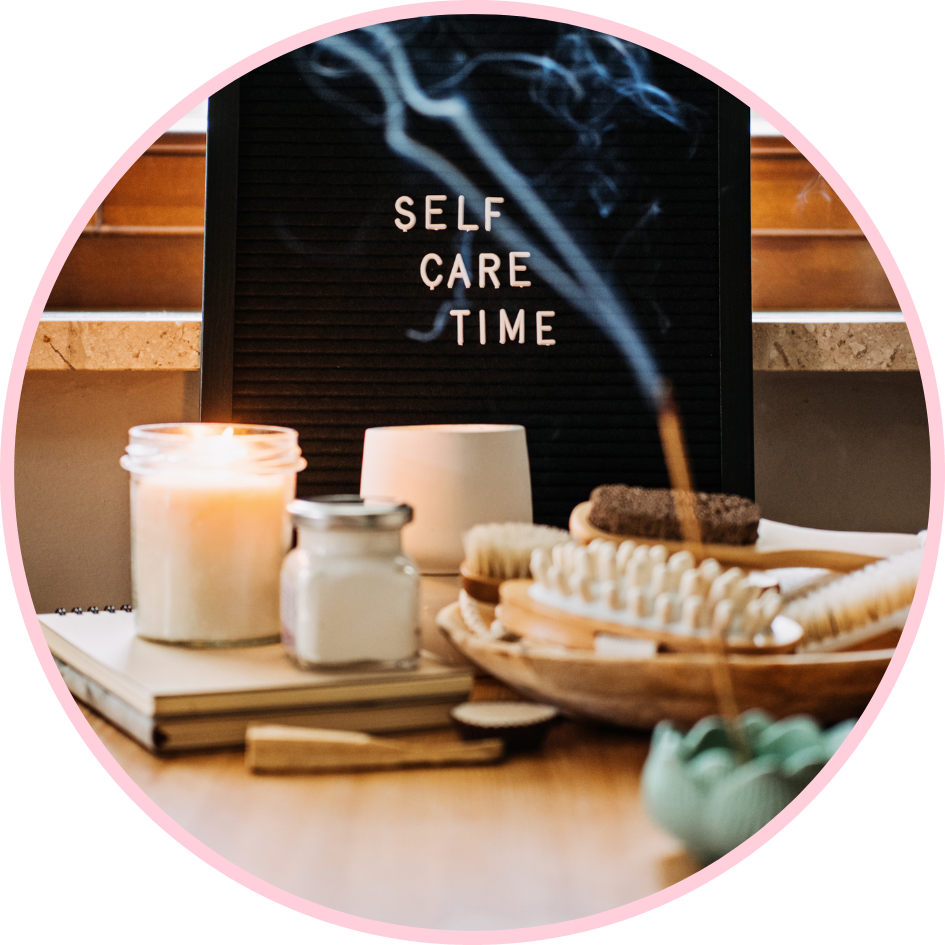

Indulge in a little self-pampering. Treat yourself to a warm bath with soothing essential oils, practice some gentle yoga stretches, or enjoy a spa evening. This physical self-care helps relieve tension and stress.
I like to look at pampering moments as a way for allowing my body to breathe and let go. A massage untangles knots and makes you sigh with relief. A deep stretch yoga pose also lets a contracted muscle elongate and "breathe". A deep inhale of a soothing essential oil scent invites a long exhale and a relaxing drop in the shoulders.
Any such activity that lets you exhale and let go is a pamper session.
8. Digital Detox
Unplug from the digital world for a designated period. Put away your devices, and savor some tech-free time. Read a book, engage in creative hobbies, or have a face-to-face conversation. Disconnecting from screens promotes mental clarity and relaxation.
Most smart gadgets now have a "wellness" feature that lets you set a time when your device automatically switches to "do not disturb" mode and turns off all notifications until the next day. Try to set one on your device right now and stick to it.
9. Reflect and Journal

Take some time to reflect on your thoughts and feelings. Journaling is a cathartic way to release emotions and gain clarity. Write about your day, express your gratitude, and set positive intentions for the future.
You'll here me say this forever: but have a clear intention for the journaling session. If it's to rant to release stress, then you won't fall into the trap of just getting riled up at the end of writing. If it's to have a dialogue with yourself, then be open to the responses that come up and let them flow without judgment. If it's to express gratitude, then the words will form themselves on your journal in a grateful manner.
10. Wind Down
As the day comes to a close, wind down with a peaceful nighttime routine. Engage in relaxing activities like reading a book, practicing a few gentle stretches, or enjoying a calming herbal tea. A serene bedtime ritual promotes restful sleep.
Note: Having a dedicated activity to mark the end of the day and committing to doing it each day will gradually help your mind and body adjust better and transition to sleep more smoothly.
It could be a lot. You could be so busy that you catch yourself say "I don't have time for this". But believe me, self-care isn't a luxury; it's a necessity for your overall wellness.
If you don't take the time and set a boundary and space for self-care, it could happen down the road that your mind, body, and spirit will force you into "self-care" and it's usually not at your own terms or in the way that you would find comfortable.
So by just starting out and incorporating a few of these self-care activities into your daily life, you're already nurturing your soul and taking essential steps towards a more balanced, harmonious existence.
It may not come easy at first but much with how you've adjusted to constant stress, you will also get to adjust to having a self-care routine and that's a much better deal down the road.
I also highly recommend for you to explore other activities choose the ones that you can evolve into a personal practice that is holistic, uplifting, and supportive of your passion and personal goals and dreams.




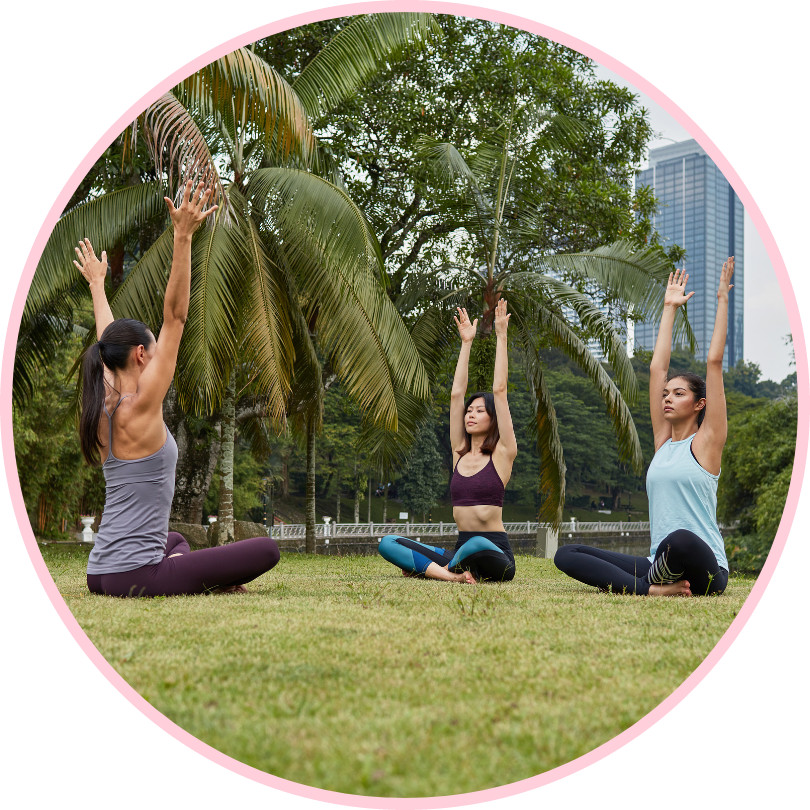
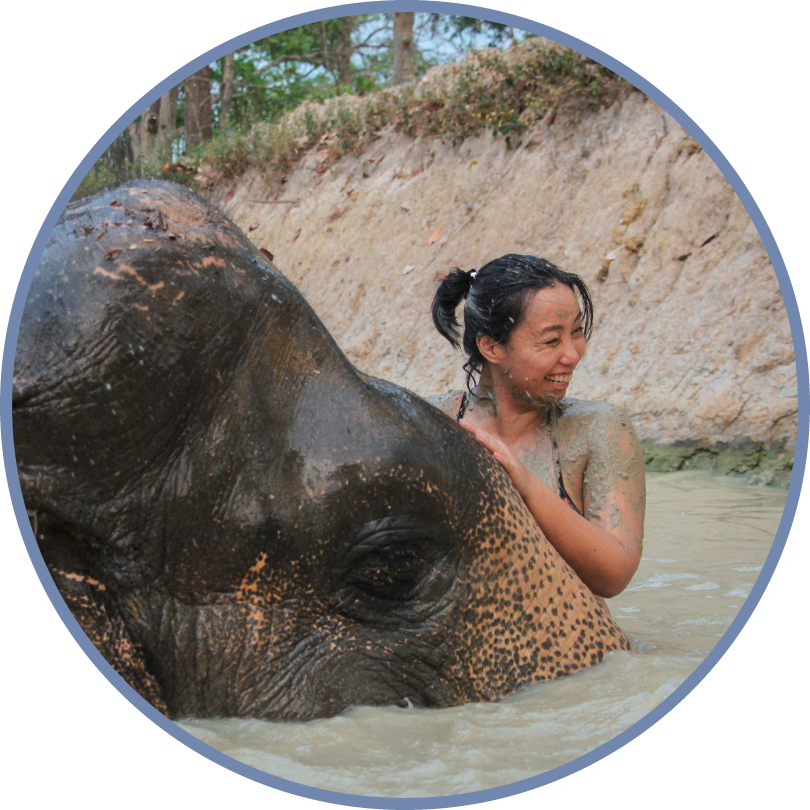
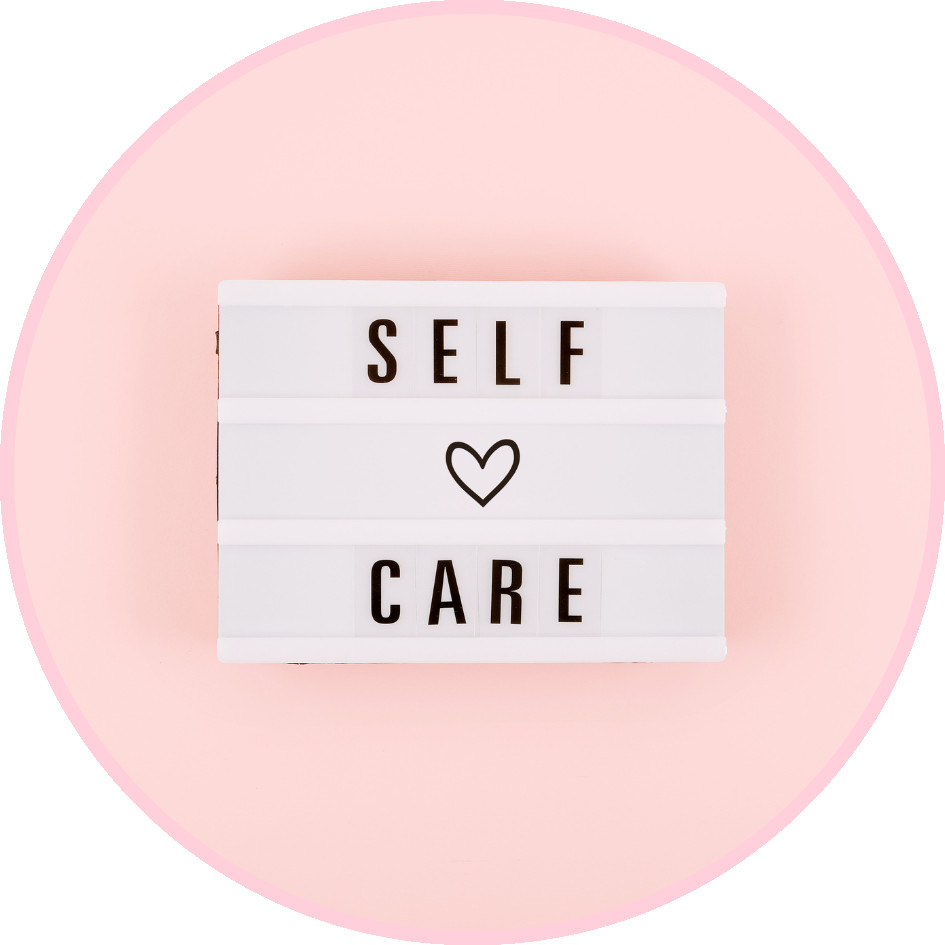
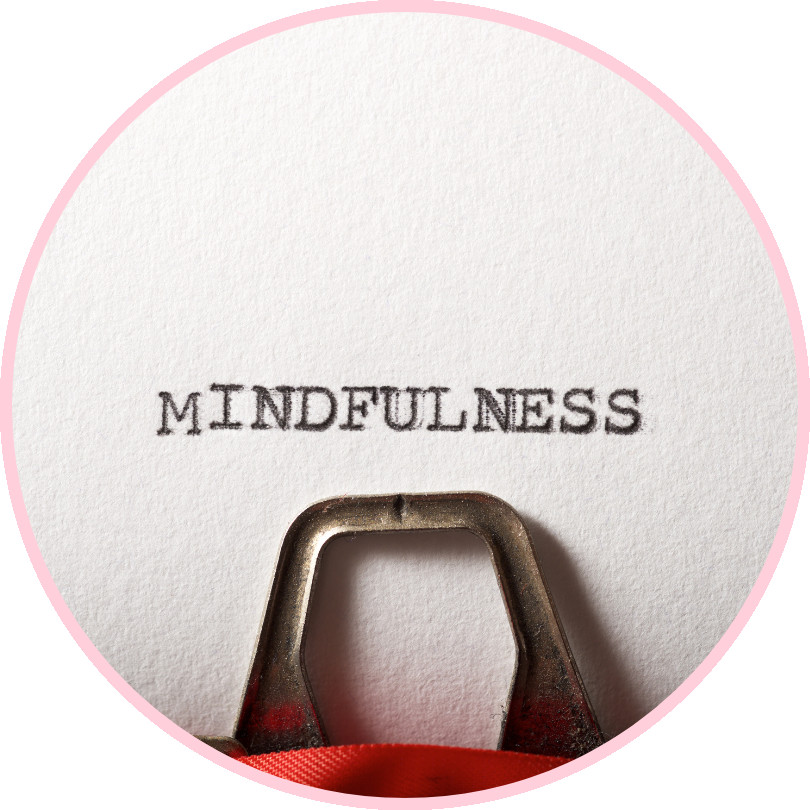
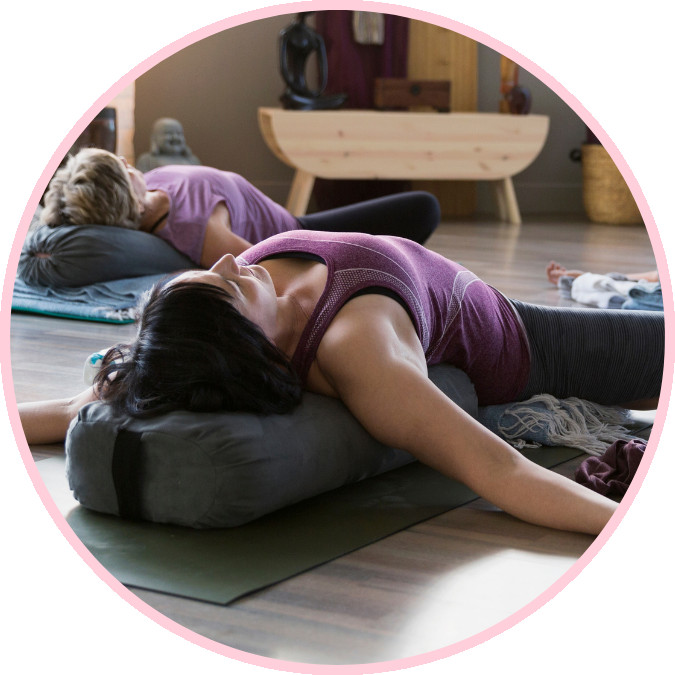

0 Comments